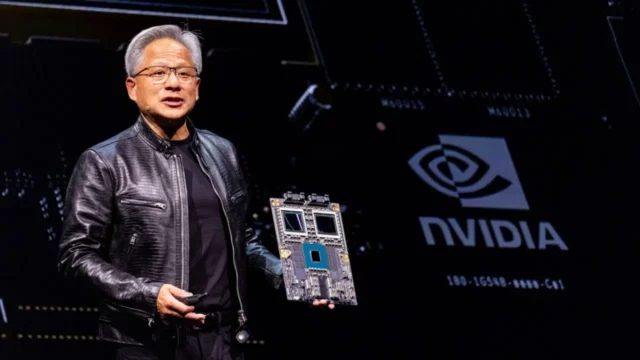The ARM licence crisis between ARM and Qualcomm, which started in October, seems to have ended for now. ARM has finally given up on the licence cancellation. But why did the ARM and Qualcomm licensing crisis arise and why did ARM suddenly give up the licence cancellation?
Will the ARM, Qualcomm licence crisis continue with a new lawsuit?
Everything started with Qualcomm’s entry into the laptop market with ARM licences. In fact, Qualcomm has tried this before, but without much success. However, after its last attempt, the possibility of Qualcomm becoming an important player has strained the ropes with ARM.

ARM filed a lawsuit for the cancellation of the licence, arguing that Qualcomm had gone beyond the licences it had granted and was using processors outside of mobile. However, the outcome of the lawsuits that started in October did not satisfy ARM. Initial results suggest that Qualcomm is not acting outside the licence.
The reason why ATM withdrew the cancellation of the licence is that it actually lost these lawsuits. However, some reservations on the jury side pushed ARM to file a new lawsuit. Accordingly, although the juries in these cases find Qualcomm right, they believe that the company has stretched the ARM licence agreements.
It was revealed that ARM also filed a new lawsuit petition based on these reservations. Although the crisis between Qualcomm and ARM has ended for the moment, the parties have not yet raised the white flag.
As you know, ARM has important licences for processors running on the RISC base. These processors have a different working logic than the X86 type CISC processors running on computers. To put it briefly, RISC type processors prefer to analyse operations in a shorter way. RISC is in a much more advantageous position, especially in small-scale processes that tire the processor. Nevertheless, the fact that ARM processors have recently started to outperform x86-based processors in performance measurements has broken some memorisations in this sense.
However, it becomes more advantageous for CISC type processors to use long line codes in complex operations. British ARM, the first company in the world to develop these processors, provides important licences in this sense. Today’s smartphones and recent Mac M series processors are also ARM-based.
In short, if Qualcomm gets rid of this lawsuit threat, it seems that the efficiency and performance wars between ARM-based processors and X86 type processors will increase even more in the next decade.
How do you think the new licence lawsuit between ARM and Qualcomm will turn out? Can ARM really cancel Qualcomm’s licence? We are waiting for your comments and opinions.














